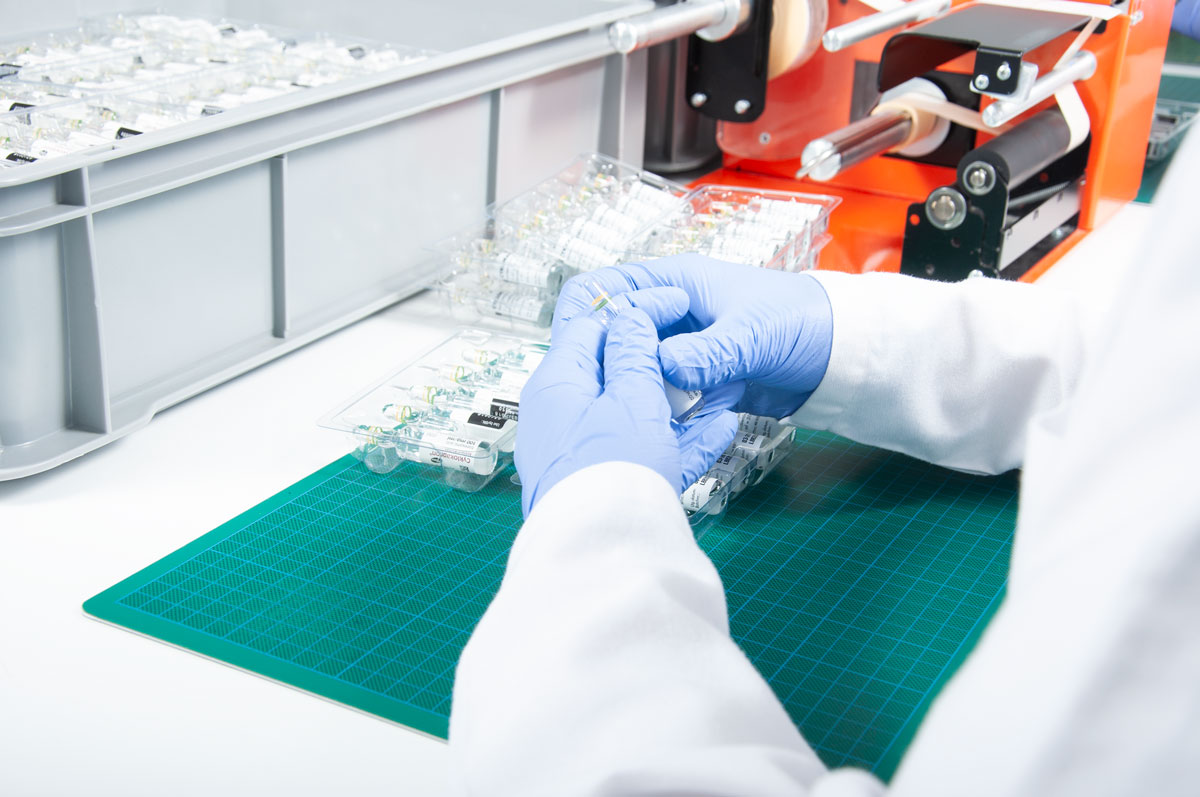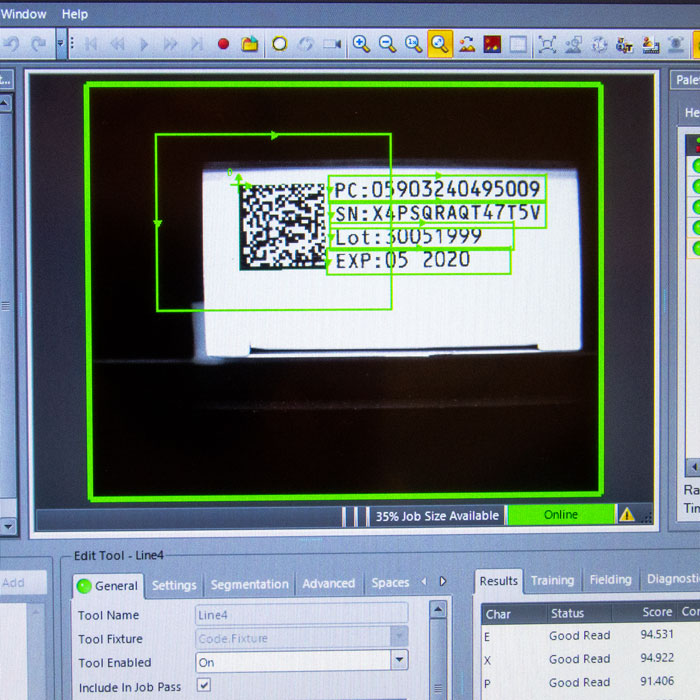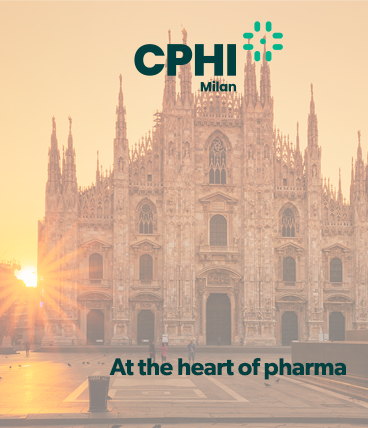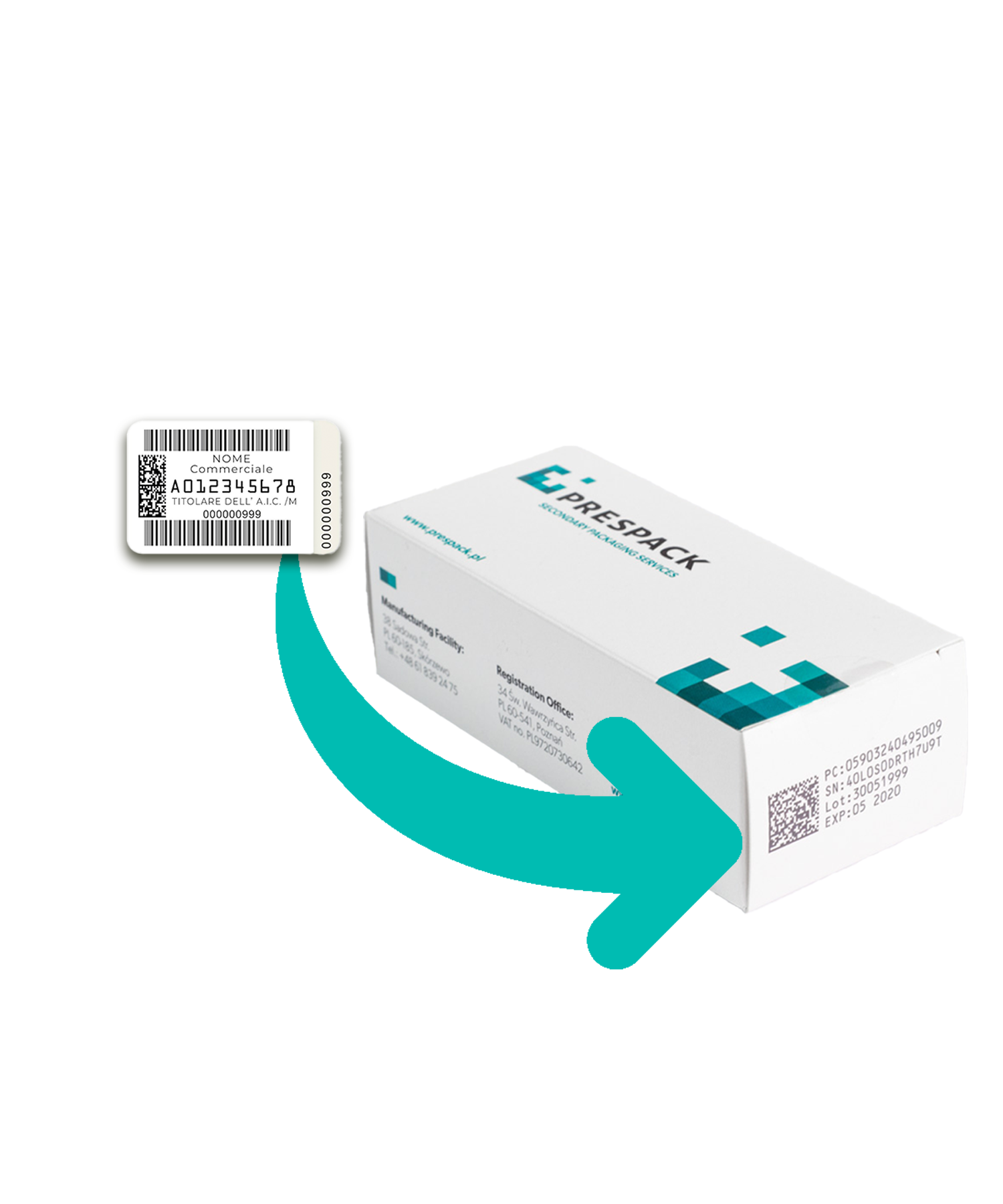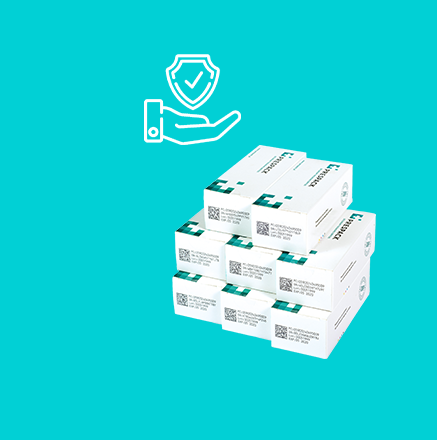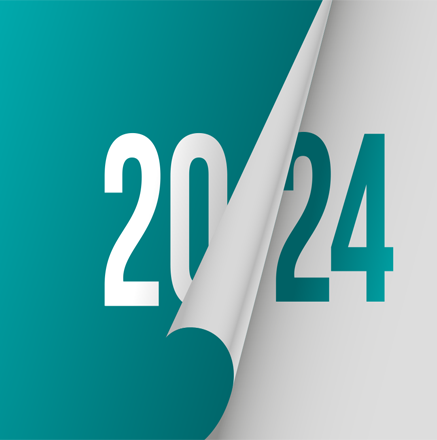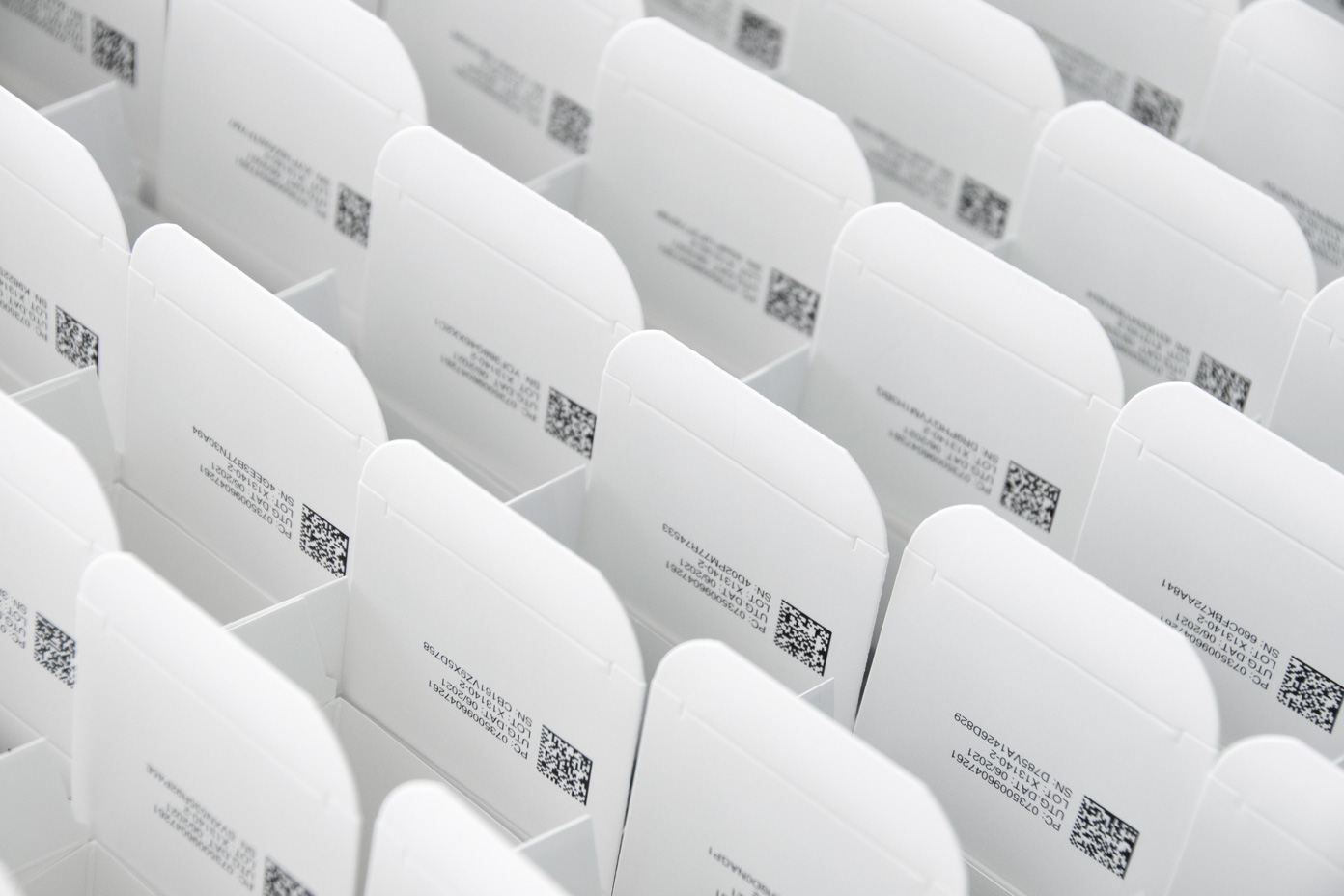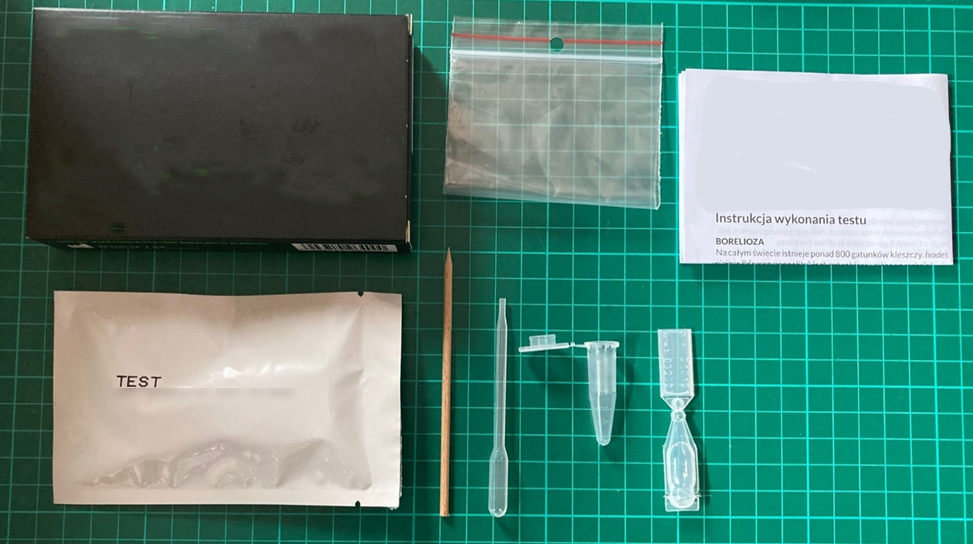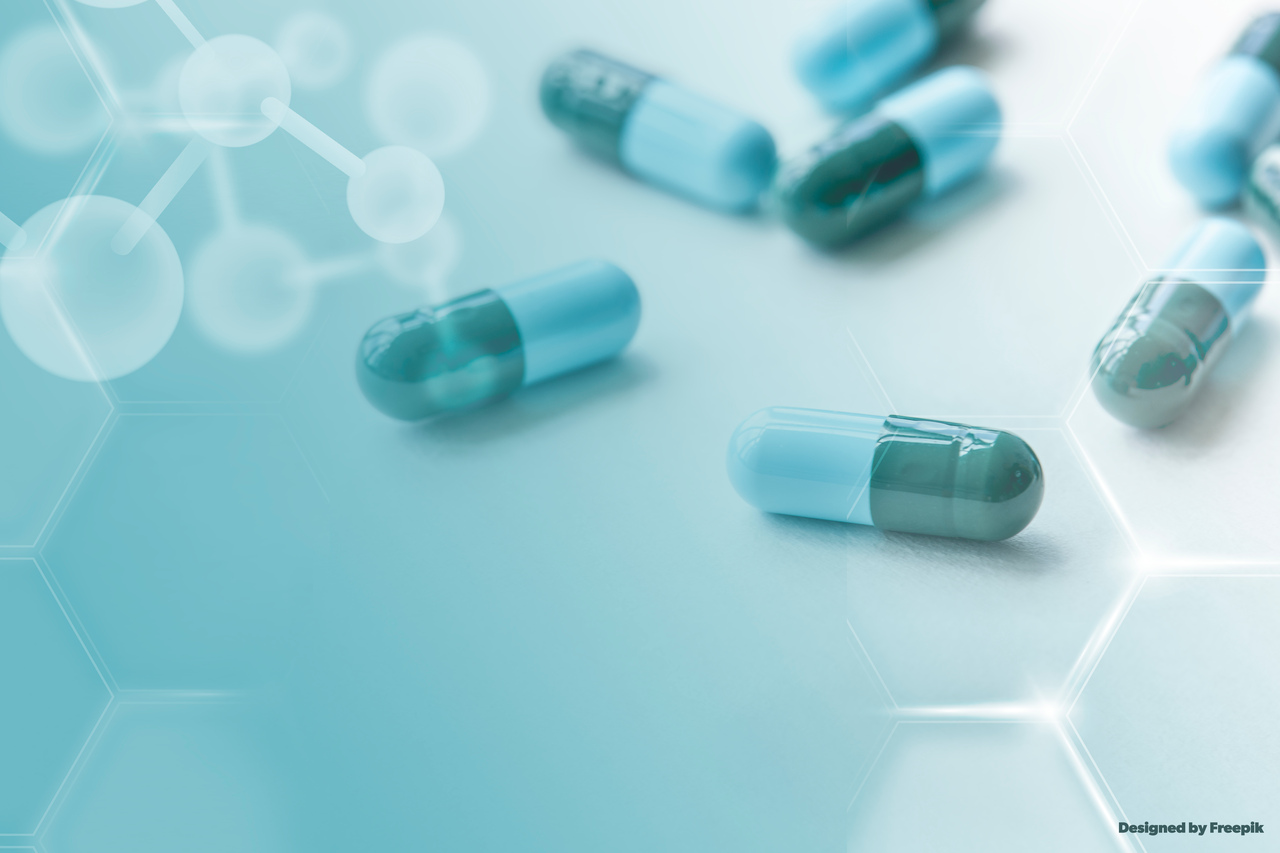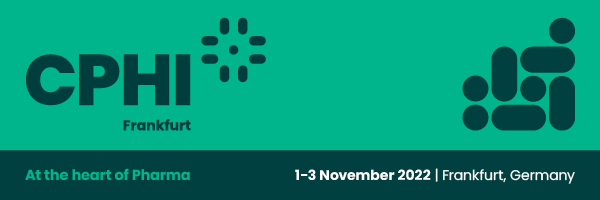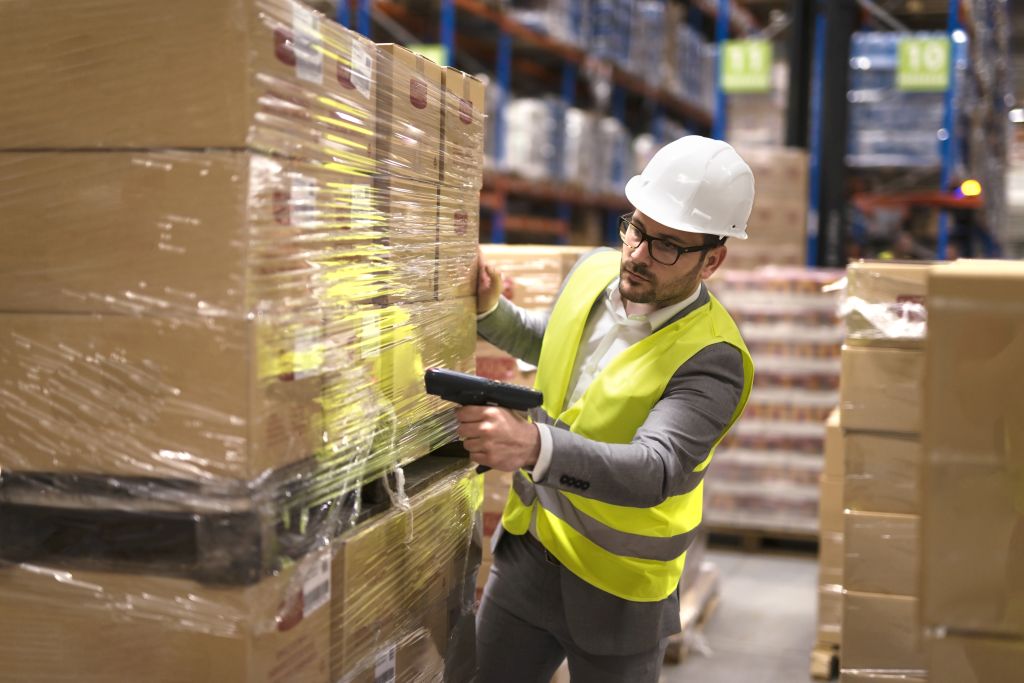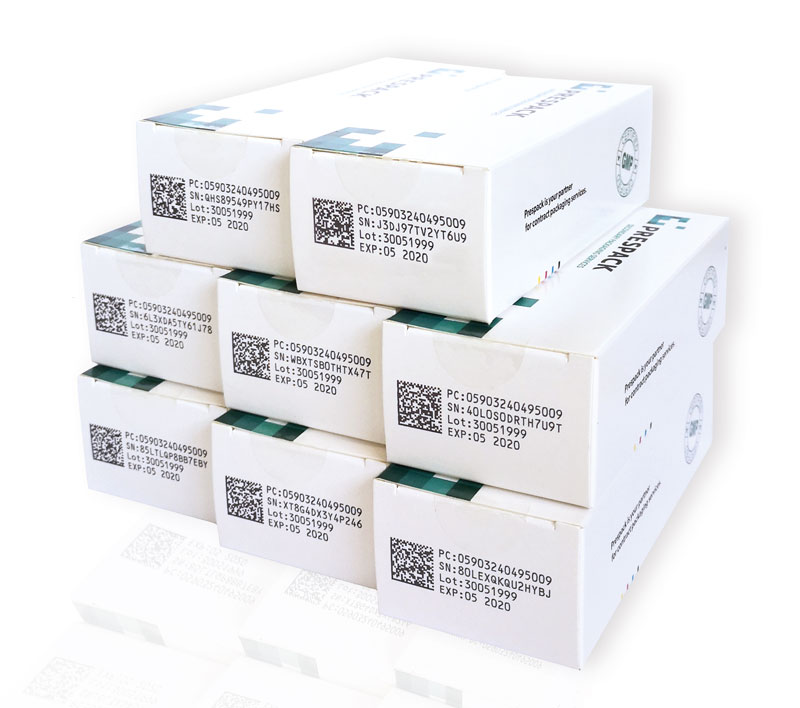Aggregation in the pharmaceutical industry.
The next step after serialization.
Globalization is a phenomenon that strongly affects development of countries and regions around the world. Year after year, as a result of this process, we exchange more and more: goods, information. We travel moreand cooperate more. There is no denying that the modern pharmaceutical market is subject to the process of globalization. It is estimated that over the next ten years the pharmaceutical sector will be dominated by many different issues such as: growing legal regulations, smaller offer of new products, ageing society and technological progress. It is worth mentioning that there are a few industries in the world that change so fast as the pharmaceutical market.
Globalization also brings many challenges and problems. One of them is the phenomenon of counterfeiting of medicinal products and dietary supplements. This practice is so widespread and important that it is often referred to as a global epidemic or a crime of the 21st century. This problem is definitely growing. It is therefore hardly surprising that the governments
and international organizations have introduced a number of legal provisions aimed at limiting this risks .
For these reasons, under European law, Directive 2001/83/EC introduced the requirement to use special security features on the packaging of medicinal products. Each package of such a product is subject to mandatory marking in the form of a unique UI identifier (Unique identifer) and ATD (anti-tampering) protection against packaging tampering devices).
Serialization is the process by which each individual product package is assigned with a unique serial number. With it, you can track and authenticate products throughout the distribution chain. This definitely affects quick and precise identification of counterfeits. The serialization process includes generation, coding and verification of the unique identity of individual elements. Thanks to Track&Trace technology serialization facilitates traceability of products in the chain and enables targeted identification of the product if it is necessary to withdraw it from the market.
Serialization regulations allow pharmaceutical companies to achieve many internal benefits. Thanks to this, manufacturers can confirm the authenticity of their products and detect and combat counterfeits. Visibility of the entire supply chain can help control inventory and reduce costs. The issue of precise withdrawal of products from specific markets is also noteworthy here.
Serialization and aggregation are closely related processes. Aggregation of medicinal products is the next step after serialization. Aim of these two processes is to better control and improve the safety of pharmaceutical products. Companies that have already implemented serialization solutions may now consider implementing the next step - aggregation.
Aggregation connects serialized unit packages of medicinal products packed
in collective cartons with a higher level of collective packaging, and then with the pallet level, giving them a unique serial number. Thanks to this, it is possible to track the contents of the collective packaging throughout the supply chain. This solution allows you to identify the entire contents of the bulk package by scanning a single code.
More and more countries are introducing the requirement of aggregation of medicinal products. Such solutions have already been implemented by for example Turkey, Egypt or India. As of 2020, aggregation has also become mandatory in the Commonwealth of Independent States (CIS) and Pakistan. In the following years, these countries were also joined by Japan, Brazil, South Africa and in 2023 USA is also about to join. Failure to aggregate products will be tantamount to a ban on exports to the listed countries.
As already mentioned, the practice of counterfeiting medicinal products is a fairly common phenomenon that is constantly evolving. However, serialization combined with aggregation can significantly reduce it and diminish its profitability.
Why is it worth considering aggregation before introducing such an obligation?
The main argument here are the real savings resulting from the implementation ofa combined process of serialization and aggregation of productsMuch of these savings come from improved process and supply chain efficiency. Many companies in the pharmaceutical industry perceive this technology as their main competitive advantage which in the future may turn out to be decisive and significantly affect the company's better financial results.
Aggregation is already required in some countries as part of their national Track and Trace system. There is no doubt that such solutions will be introduced in other countries around the world in the future. It is widely believed that only companies that are able to quickly adapt to new needs and are open to new export markets can achieve long-term success.
Aggregation greatly simplifies many processes, e.g. product reporting and verification. By scanning one code, you can get all the necessary data in just a few seconds. This leads to significant time and resource savings. In addition, it facilitates the process of withdrawing pharmaceutical products from the market. Imagine a situation where one pallet is damaged during transport. Aggregation in this case will simplify the accounting of damaged products and their removal from the system. It also enables better management of the entire inventory returns process.
At Prespack, we believe that aggregation is undoubtedly a technological leap. We are at an advanced stage of works related to the implementation of this method in our company. Thanks to this, we can offer you a new innovative service that will definitely improve and accelerate logistics processes in your companies. The future companies that are able to develop their businesses based on trends and development directions will prosper best, so it is worth considering implementing these changes today!






